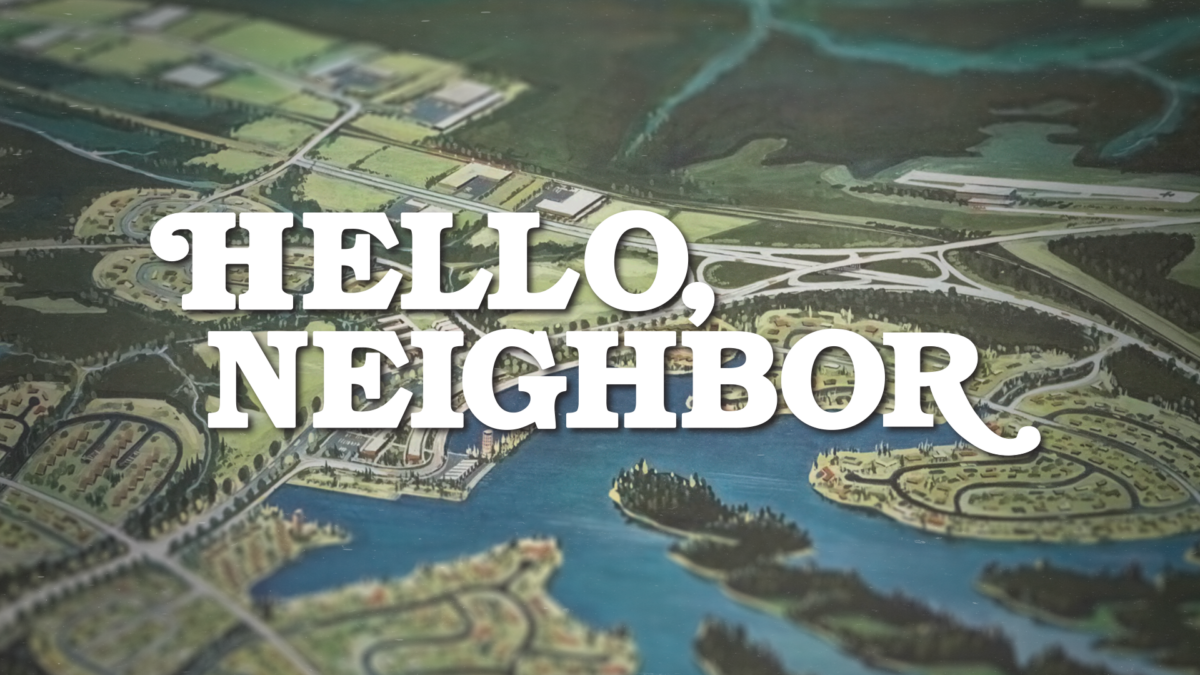What if we’ve made Christianity infinitely more complicated than it needs to be? As institutions grow, the cultural landscape shifts beneath our feet and a consumer mindset dominates American Christianity, it’s easy to see why following Jesus feels so complex. But the more I hear from Jesus, the less I buy the notion that He was inviting us into an over-programmed, over-built, over-scheduled way of Christian living. It’s not that programs, buildings and calendars are wrong or bad, but they need to take their proper place in our lives. These are support systems to the main thing for us. They help us to follow Jesus more effectively. Yet somehow we have replaced the main thing- following Jesus in our families, neighborhoods, schools and offices- with the support system. We see this in churches across the country who are consumed with more and newer buildings, spend vast amounts of cash on attractional ministry models and expect their congregants to spend 3-5 nights at the church every week. None of those things are necessarily wrong, but they can be, and have become, idols that distract us from the simple aim toward which Scripture points us time and again: “love the Lord your God with all of your heart, with all your soul, and with all your mind…and love your neighbor as yourself” (Matthew 22).
For all of the buildings, programs and calendars on which churches have been so focused for the last 60 years, it’s hard to look at the world around us in the United States (or even more locally in Peachtree City) and say that our approach to following Jesus is working. Not many would look around and say that the world around us reflects more of God’s highest hopes for His creation. For every stream of progress, there seems to be an ocean of the same old brokenness that has always plagued humanity.
Perhaps it’s time for a new approach to following Jesus. Actually, maybe it’s time to rediscover an ancient approach to following Jesus that simply takes seriously Jesus’s commandment to love our neighbors. And what if, as Jay Pathak and Dave Runyon suggest, when Jesus told us the most important commandment, he meant that we should love our actual neighbors? Americans have become profoundly inept at knowing the names of our neighbors, much less loving and serving them in ways that introduce them to Christ an invite them into the abundant life that God so desires for all of His creation. While some of us are naturally gifted in this arena, too many of us are too busy to notice the widower who needs someone to spend a few minutes watching football with him or the single mother who needs someone to watch the kids for a few minutes while she runs to the grocery store or the family who is imprisoned by their grief over the loss of a child.
20th century Western Christianity heard Jesus’s command to love our neighbors as a call to share the gospel across the globe. This was not an unfaithful response to the Great Commission! However, in doing so, we may have forgotten the plain meaning of Jesus’s greatest commandment: God created us for love, love of God and love of our actual neighbor. It’s time to reclaim our identity as the hands and feet of Christ who were meant to carry the hope of the gospel into our neighborhoods and change the world from the inside out!


